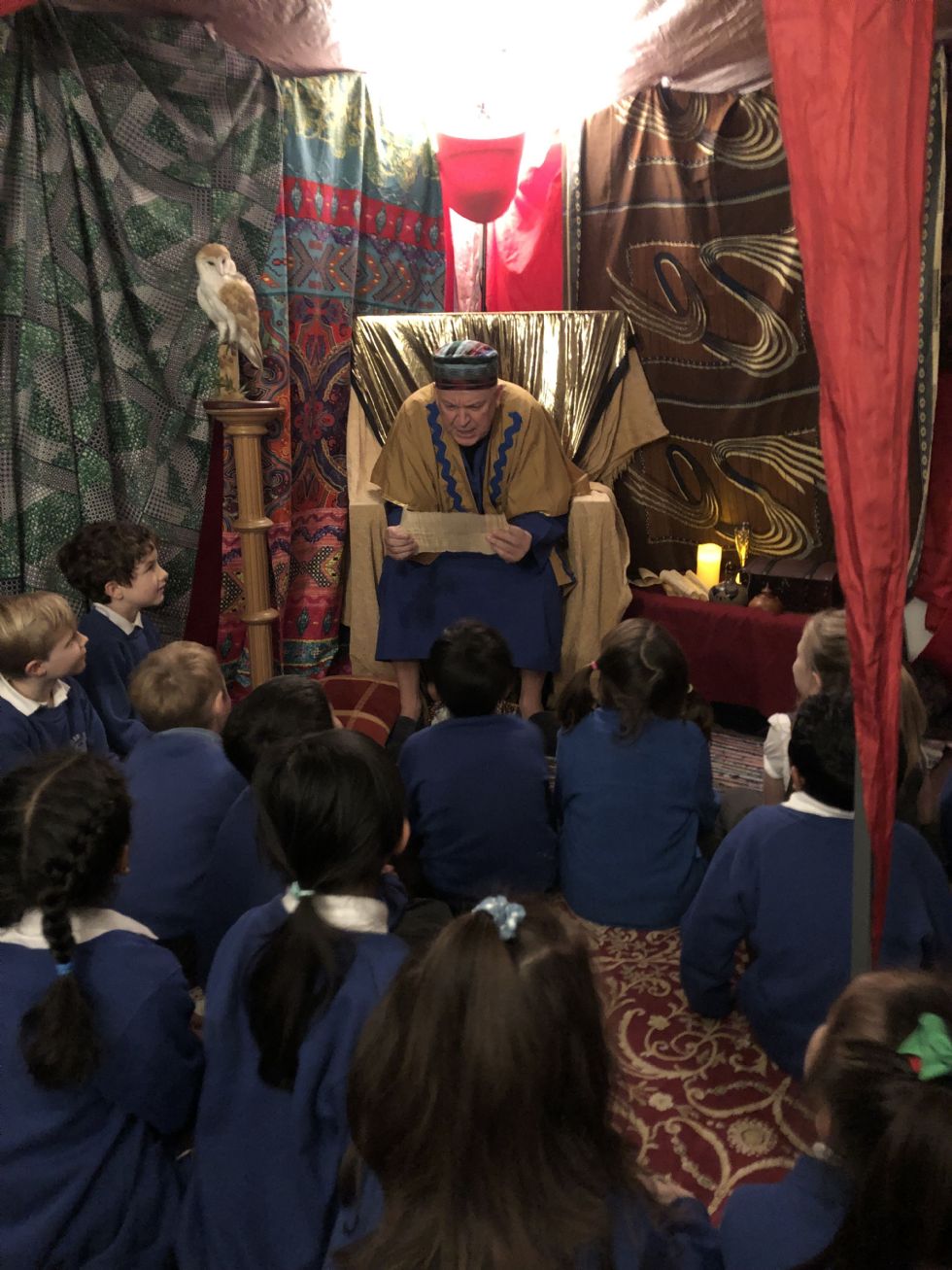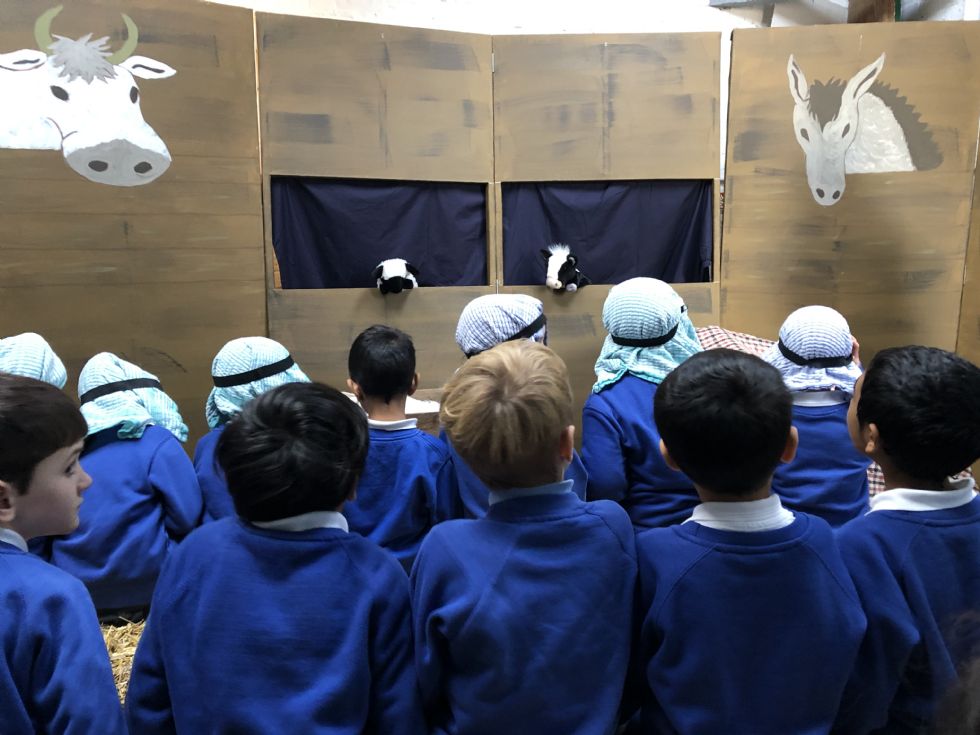Religious Education

Curriculum Intent
At Coombe Hill Infant School, we aim to deliver a high-quality RE provision which ensures children develop positive attitudes of respect to people of all faiths and none and to develop religious literacy so they may speak about religion and belief in informed and respectful ways. Our teaching staff agree that we are aiming for the same endpoint - we want our children to become active citizens in a diverse and rapidly changing world.
Curriculum Implementation
At Coombe Hill Infant School, we follow the Kingston Upon Thames agreed syllabus. RE is taught in discrete blocks with both Reception and KS1 learning about three main religions - Christianity, Judaism and Islam. The syllabus incorporates the “Understanding Christianity approach”. It makes a significant contribution to children’s spiritual, moral, social and cultural development as well as providing important opportunities for exploring British Values.
All staff have a clear and ambitious vision for providing high quality teaching of RE. Our curriculum is designed to…
- enable all children to make sense of the religions and beliefs studied
- develop an enquiring mind
- understand the impact of the beliefs in people’s lives
- make connections in their learning and wider experiences of the world
- help children learn through visitors, educational visits and song
- expect that the teacher’s own speaking, listening, writing and reading, supports children in developing appropriate language and vocabulary
Our International month allows us to celebrate the cultural diversity of our school (60% EAL, 14 out of possible 17 ethnic descriptors) as we learn about each other's families, where they come from, different faiths and the similarities and differences between our celebrations.
RE in the Reception year:
- Who am I and where do I belong?
- Why do we have celebrations?
- What makes a place special?
- What makes something special?
- What can we learn from stories?
RE in Key Stage 1:
- How did the world begin?
- What do some people believe God looks like?
- Why should we care for others?
- Why do we need to give thanks?
- What do candles mean to people?
- How do we know some people have a special connection to God?
- What is a prophet?
- How do some people talk to God?
- Where do some people talk to God?
Oracy in all subjects
Our curriculum design allows for as many speaking opportunities as possible as our teachers understand that speaking and listening are at the heart of language. Not only are they the foundations for reading and writing, they are also essential skills for thinking and communication. Our teachers are role models for good spoken English, using ambitious vocabulary and correct grammar. Children are encouraged to read aloud, discuss ideas with their peers and teachers, engage with and learn new vocabulary to extend their spoken and receptive vocabulary.
Useful Links
Religions of the World- videos

